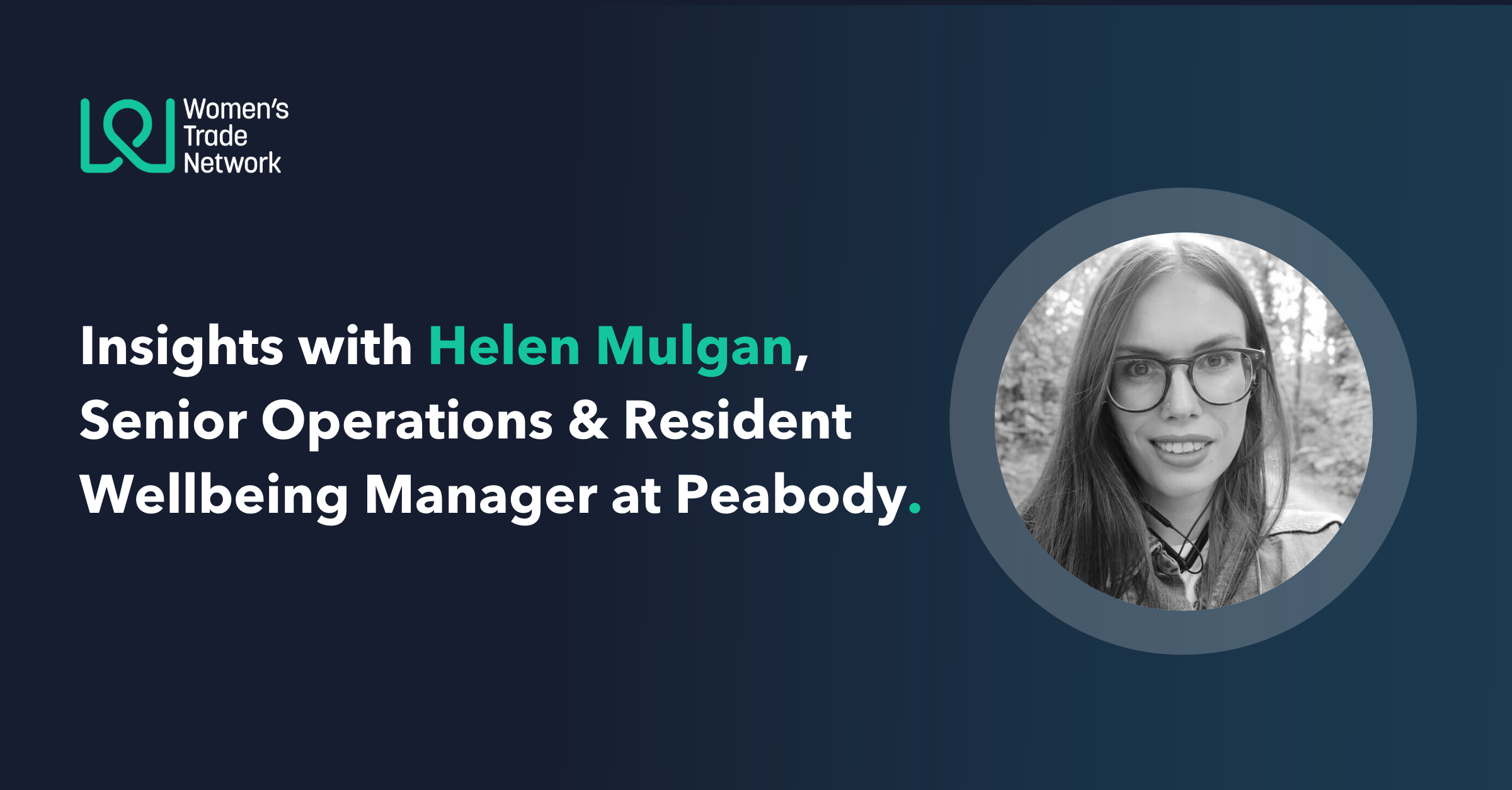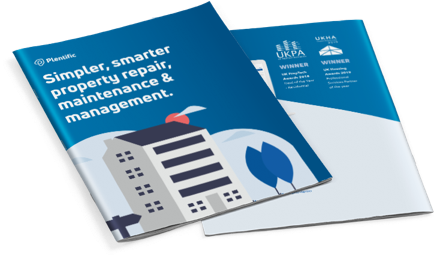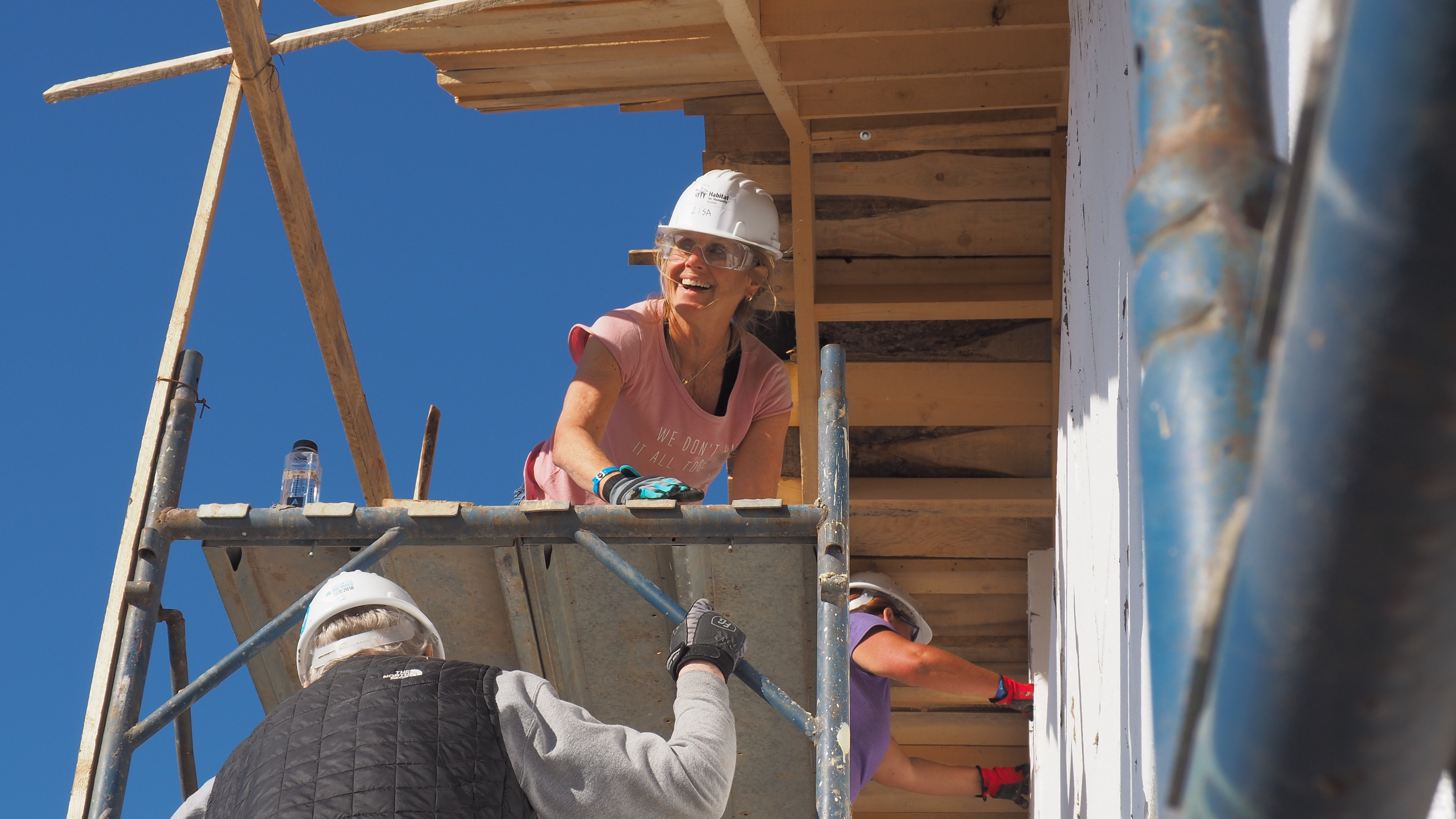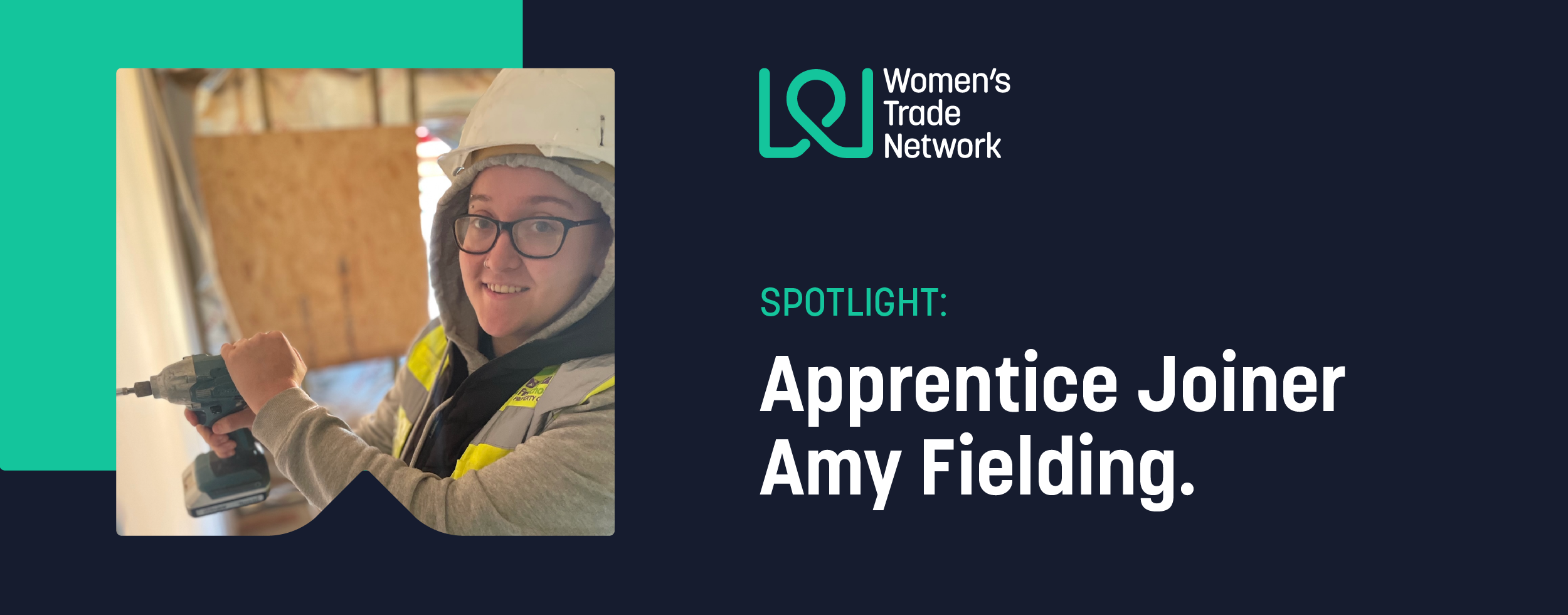Helen Mulgan: Representation and Allyship for Women in Trades.
Plentific sits down with Helen Mulgan of Peabody, to discuss representation, allyship and why we should redraft the narrative for women in trades roles.
Shariq Kochhar
It’s a pleasure to meet you, Helen. What does your role as Senior Operations & Resident Wellbeing Manager at Peabody involve? And how does your advocacy on Equity Diversity & Inclusion (EDI) fit in?
Helen Mulgan
My colleague Ellie and I are co-chairs of the gender network at Peabody. Peabody has a number of EDI networks, gender being one of them. We also have the LGBTQ+ network, the race equality network, family network and the ability network. My EDI role sits on top of my operational role, which in itself is multi-layered. In my role as Senior Operations Manager, I oversee the local delivery of some of our community programmes in one of the teams in Hammersmith and Fulham. And then, another team in Essex, which is a much broader locality.
I also oversee the Peabody Resident Wellbeing programme, which is more of a strategic thought piece at the moment, but is slightly pivoting now. The current cost of living crisis is going to impact our residents, and we want to ensure we’re responding in the best way possible.
Shariq Kochhar
Are there any specific EDI initiatives that you want to explore going forward? And would you know if there were any in place before you joined?
Helen Mulgan
One is specifically the Women’s Trade Network (WTN). Peabody and Plentific have run a project together in the past called the DPS, which allows tradespeople to bid for Peabody repair work. It has been highly successful and we were already keen to explore how we could help build out the WTN.
Going forward, Peabody is going to team up with Claire, who leads the WTN, to organise a training session from one of our community centres in Pembury, Hackney - for women interested in finding a role in the trades, those who are already in the trades and want to network and also explore and develop their skill sets.
In addition, speaking to Claire sparked another great idea we’d like to explore as a Housing Association - that of highlighting stories and case studies from women in trades roles and more hands-on sectors. There’s very little narrative around women doing incredible things in these sectors, and a lot of the stories coming out of International Women’s Day 2022 are heavily focused on women in leadership roles and women becoming CEOs. I feel this is going to be really relevant to a lot of our colleagues, because we have a lot of colleagues who are working in that sector, and also our male colleagues we are really keen to encourage allyship from.
Shariq Kochhar
What are some of the stories Peabody chose to showcase as part of International Women’s Day in March of 2022?
Helen Mulgan
We ran three events for International Women's Day - Peabody has its own historian, and she gave an informative talk on the history of women in social housing. We had another event about women in politics and power, at which we had the CEO of Metropolitan Thames Valley Housing (MTVH), Geeta Nanda, join us along with Cllr Elizabeth Baptise, the Mayor of Waltham Forest.
The third was Women in Trade - Breaking the Bias, which Claire came to speak at. We had some Peabody colleagues present at this event, as well as some of our partners from the organisation ‘YouthBuild’, who focus on upskilling young people in various hiring sectors.
In this instance, the hiring sector was construction. It was a really impassioned discussion and one highlight was hearing from a colleague of mine, a senior project surveyor. She’s a black woman who, a few decades ago, trained as a plumber and provided insights into her experience doing that in Britain in the 80s.
Shariq Kochhar
Fascinating! I will link readers to these three events so they can watch them, too. One last question - what are you hoping to see more of on the WTN insights page? What do you think are some stories that would particularly help people turning to it as a resource?
Helen Mulgan
Striking a balance is really important for me. A balance between needing and having a focus on a particular group that’s been underrepresented in a sector, but also a tone of normalcy. It’s not exceptional that you would consider a woman in a trade network, it should be normalised that women can do that work. That’s my long term aspiration.
It’s not exceptional that you would consider a woman in a trade network, it should be normalised that women can do that work. That’s my long term aspiration.
I know that doesn’t happen overnight. That’s why male allyship is so critical. As much as women will benefit from having resources and hearing stories of other women, they already know what their skill sets are, and it’s not so much about sending another woman to confidence training, it’s about sending male colleagues and senior leaders to an allyship or fair recruitment training, to normalise the narrative and avoid any condescension.
Women know they have power, and they just need that power to be heard. Let's help deconstruct some of the structures that are actually repressing certain groups, and creating opportunities, rather than asking the individuals to just ‘work harder’.
I also think there's quite a lot of opportunity to re-draft the narrative for young women who are looking for work. So much of the world now is social influence. How can we highlight the stories of people who are doing this work normally and successfully? And, of course, giving excellent feedback and accreditation for the work that they do.
Shariq Kochhar
That is excellent. I couldn't agree more! Thank you so much for your time. I look forward to developing more of these resources for the WTN.
At the time of writing this, the WTN has been nominated for 'Best talent management initiative' at the Women in Housing Awards 2022. See the full shortlist here and show us your support.



.jpeg)



